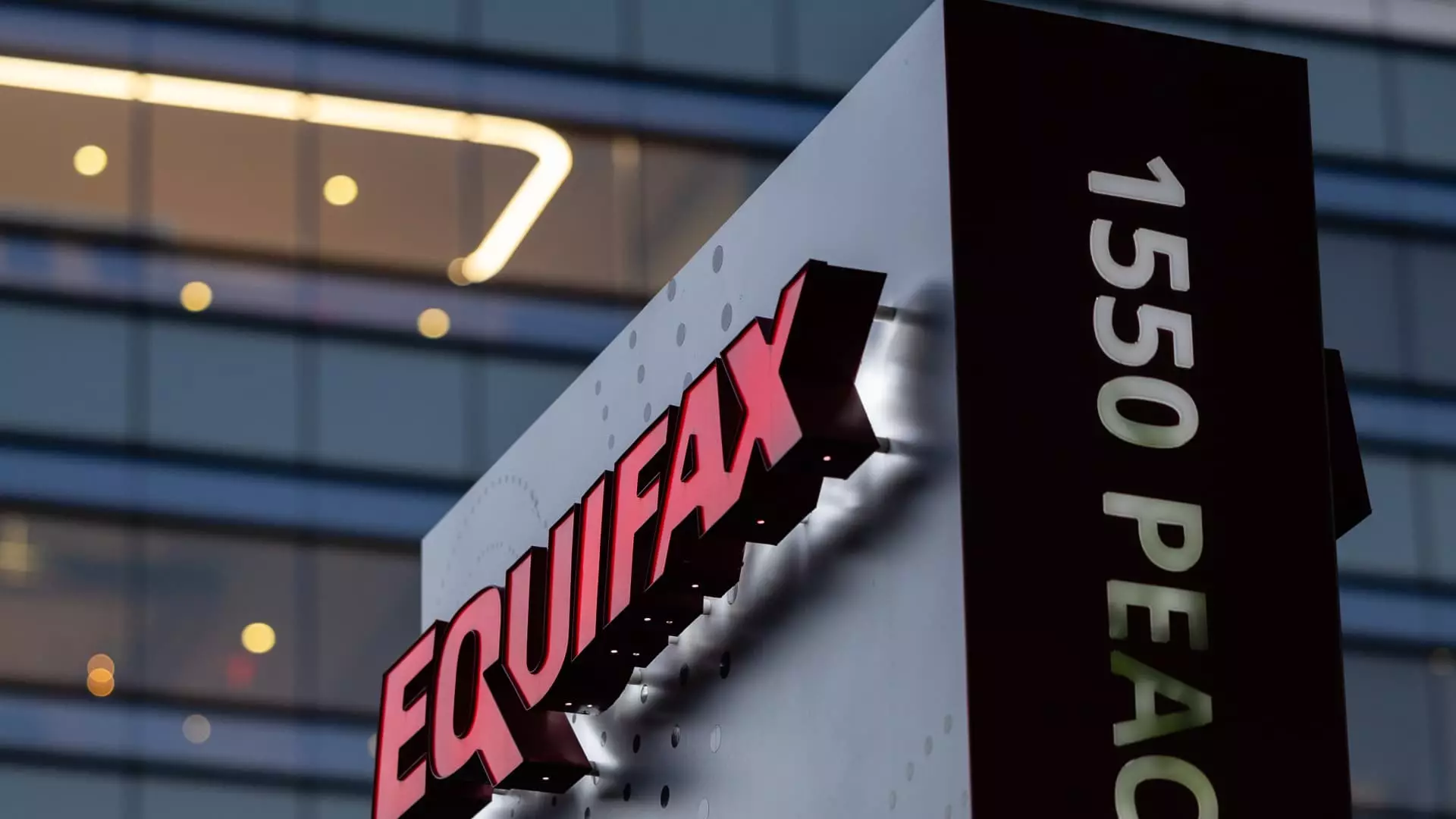The landscape of consumer credit reporting is intricate and vital, influencing crucial aspects of everyday life, from loan approvals to potential job opportunities. Recently, the Consumer Financial Protection Bureau (CFPB) took significant action against one of the key players in this field, Equifax, slapping the company with a $15 million fine due to serious errors related to consumer credit reports. This case highlights the critical responsibilities credit reporting agencies hold and the repercussions of failing to uphold these standards.
The CFPB’s enforcement action asserts that Equifax engaged in improper handling of consumer disputes over credit report inaccuracies, which were either ignored or inadequately addressed. The agency detailed a troubling pattern of behavior by Equifax, identifying flaws in their software and a lack of diligent reviews of disputed information. As stated in the order, Equifax reportedly reinserted previously eliminated inaccuracies, leaving consumers vulnerable to misinformation. This mismanagement not only disrupts individual credit scores but can significantly affect consumers’ financial well-being. Adam Rust, director of financial services at the Consumer Federation of America, emphasized the severity of these impacts, noting that such inaccuracies could hinder one’s ability to secure loans, obtain employment, or rent housing—basic necessities of modern living.
Equifax isn’t facing scrutiny in isolation; similar accusations have plagued other major credit bureaus like Experian and TransUnion, raising concerns about systemic issues in the credit reporting industry. The CFPB highlighted that Equifax’s shortcomings in dispute resolution policies and technology have persisted since at least October 2017, with the agency claiming such deficiencies have harmed millions of consumers. This scenario paints a picture of an industry that requires significant reform and oversight, especially as consumer reliance on accurate credit reporting becomes increasingly crucial.
In response to the allegations, Equifax publicly announced its commitment to resolving these issues. A company spokesperson noted that Equifax has invested over $1.5 billion in enhancing its infrastructure and technology. They aim to improve the dispute resolution process and support for consumers as part of their dedication to transparency and efficiency. This attempt to “turn the page” on longstanding scrutiny is essential. Yet, it raises questions about whether financial investments can truly rectify systemic deficiencies or if more comprehensive reforms are necessary within the credit reporting landscape.
The complications resulting from inaccuracies in credit reporting are not merely theoretical. High-profile data breaches, such as the 2017 hack of Equifax that exposed personal information of approximately 147 million people, reveal the vulnerabilities in these systems. Such incidents undermine trust in credit reporting agencies and emphasize the need for improved security protocols and responsible data handling practices.
In light of these revelations, it becomes essential for consumers to actively manage their credit reports. Experts recommend checking credit reports at least once a year and monitoring them closely before applying for loans, jobs, or insurance. Consumers have the legal right to access a free copy of their credit report annually, which allows them to verify the accuracy of the information contained within. Adam Rust provides practical advice, emphasizing that maintaining awareness of one’s credit status is not only prudent but necessary.
Should consumers encounter inaccuracies, they are urged to pursue disputes diligently. Filing written disputes with detailed documentation is often more effective than online submissions. Additionally, involving external entities such as the CFPB or state attorney generals can bolster the chances of resolution. If attempts to rectify these inaccuracies fail, consulting with a consumer rights attorney may be advisable, especially if the inaccuracies have resulted in tangible financial harm.
The $15 million fine against Equifax serves as a stern reminder of the importance of accountability in the credit reporting industry. While the financial investment by Equifax aims to assuage concerns, it is clear that ongoing vigilance and reform are necessary to protect consumers from potential harm. As the landscape of credit reporting continues to evolve, both consumers and regulatory bodies must remain engaged to ensure fair practices and accuracy in reporting, which are essential for the economic health of individuals and families across the country.

